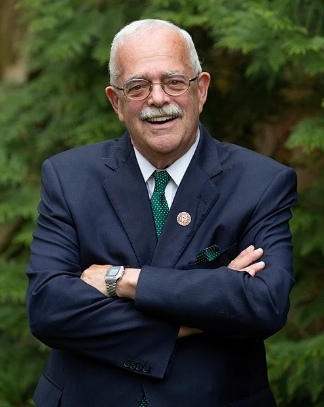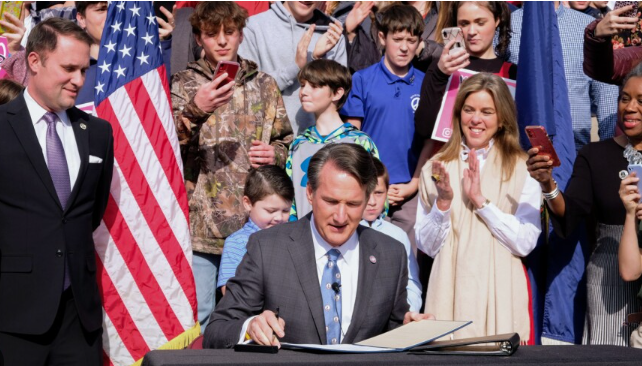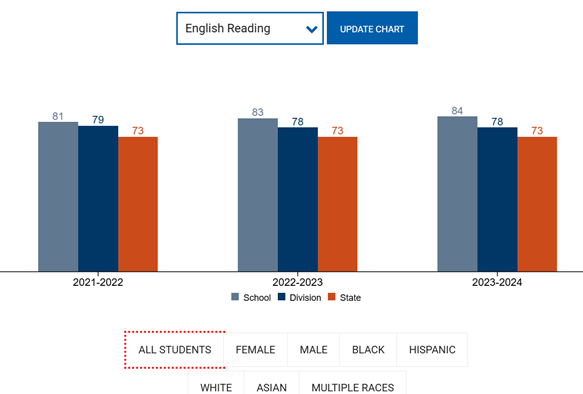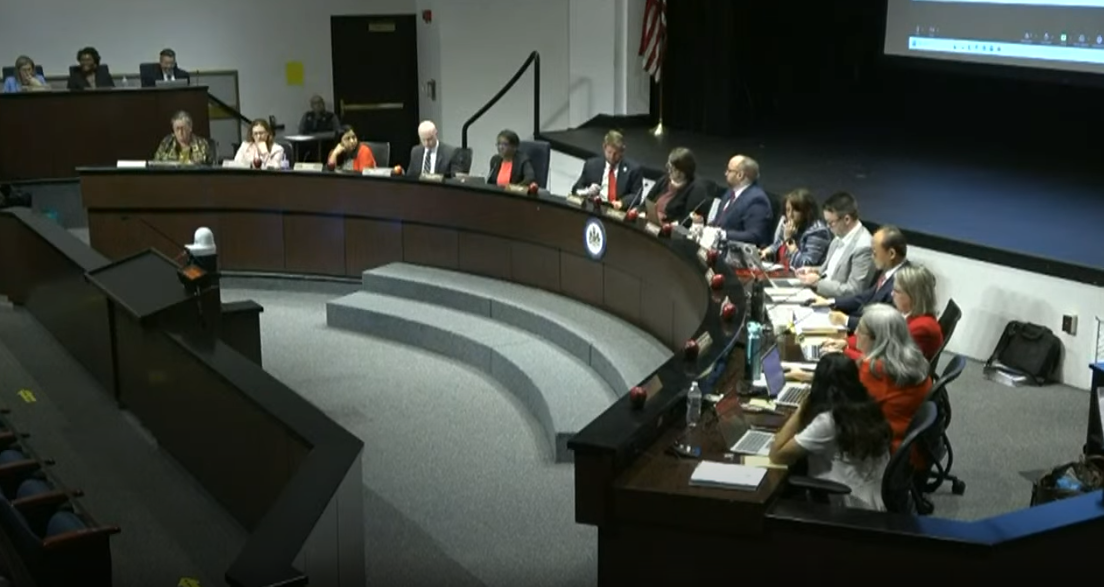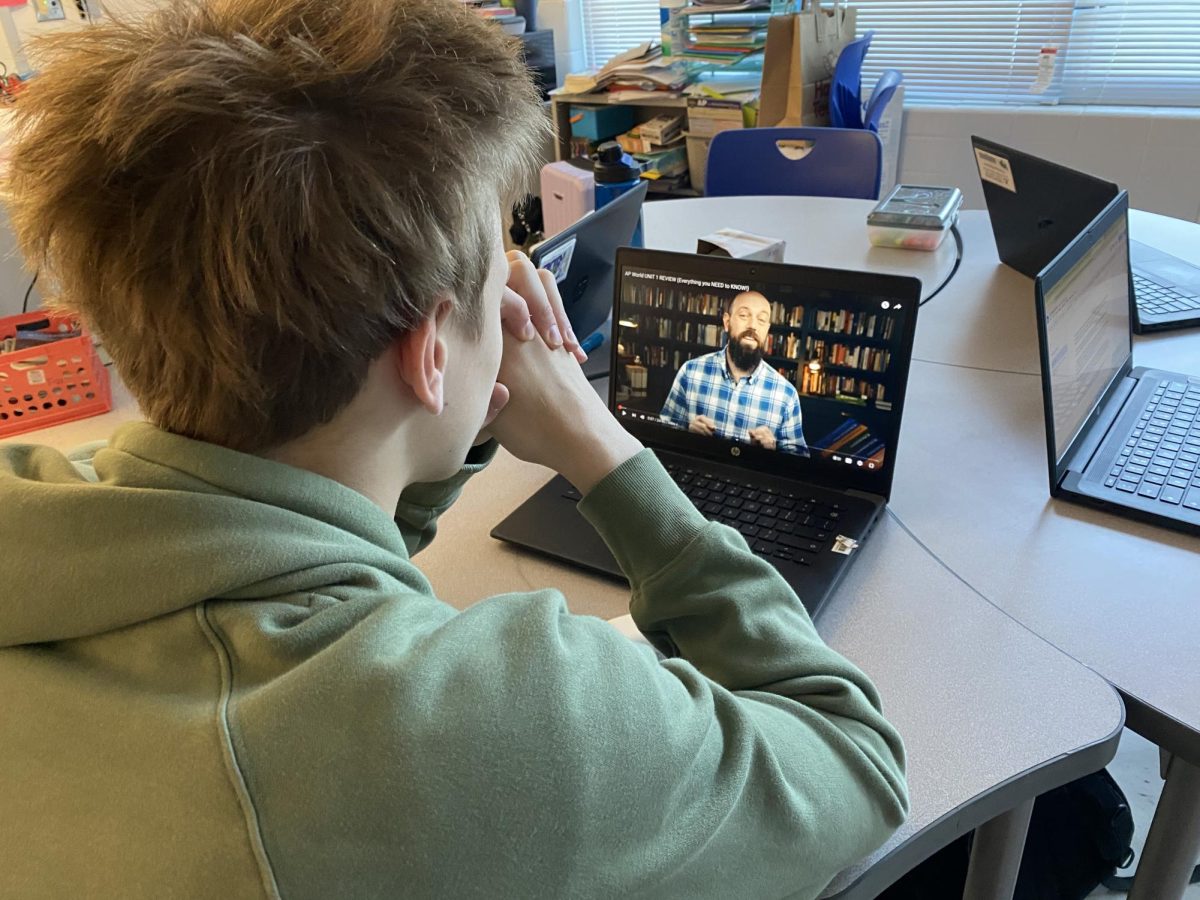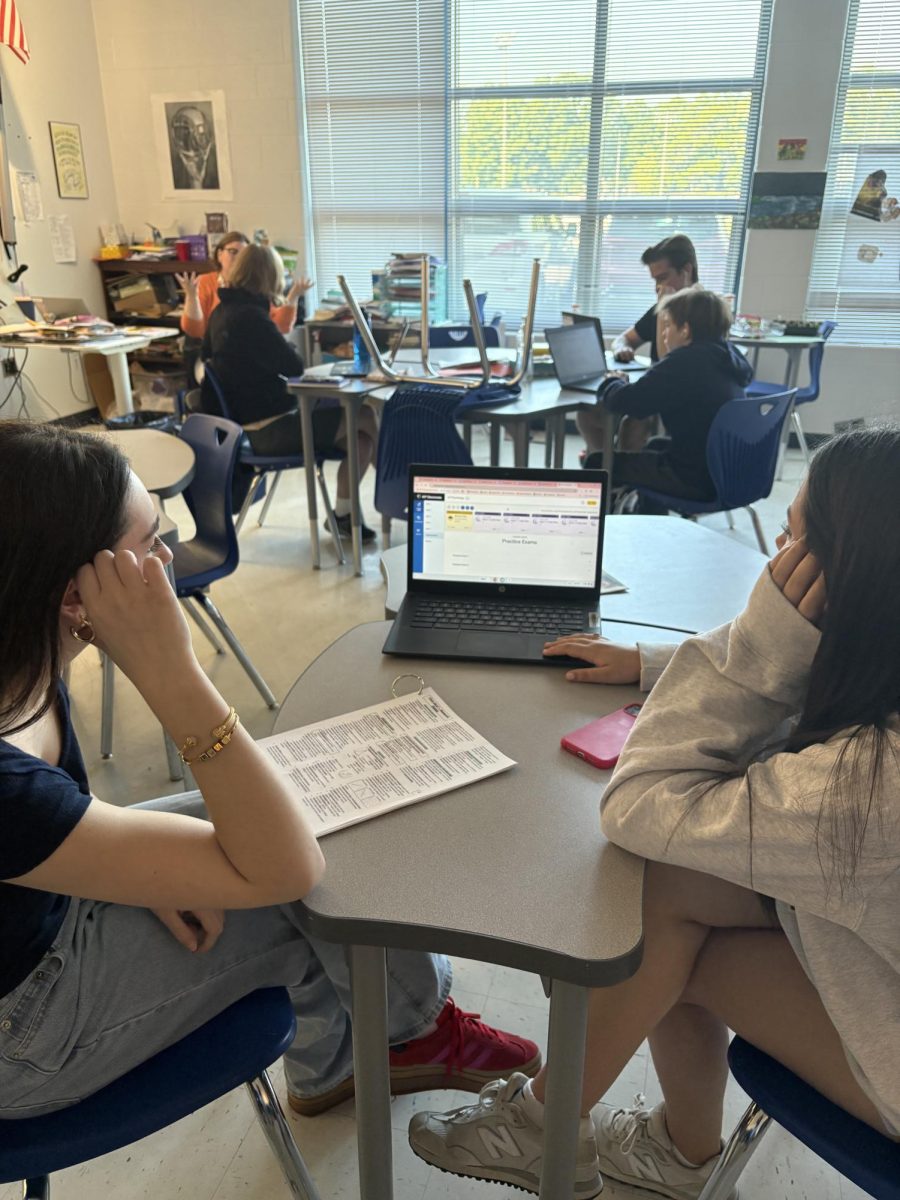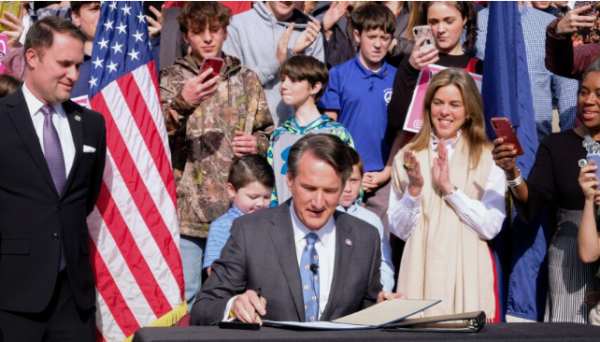Virginia General Assembly Legalizes Marijuana, Abolishes Death Penalty, Declares Racism a Public Health Emergency in Prolific Legislative Session
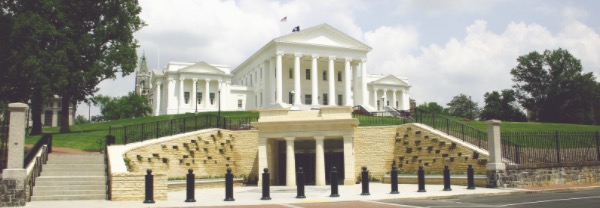
Virginia’s General Assembly wrapped up its first legislative session of the year in March having passed hundreds of bills, some of which will bring fundamental change to the state.
Lawmakers tackled the issue of marijuana by passing a legalization bill with a vote of 48-43 in the House and 20-19 in the Senate. The bill, the first of its kind to pass in a southern state, makes cannabis sales and possession of up to one ounce of marijuana legal beginning in 2024 for adults aged 21 and over. Possession of greater than one ounce will still result in a civil fine of $25, while possessing more than five pounds can result in a 10 year prison sentence. Bringing cannabis into Virginia from out of state will remain illegal and punishable by up to one year in jail. Specifics regarding commercial regulation and criminal justice changes will be voted on next year, a time when Democratic control of the legislature is not guaranteed. Virginia Governor Ralph Northam (D) sent an amendment to the legislature for consideration that would move up legalization to this July. The legislature approved this amendment in their reconvened session, meaning marijuana will be legal in Virginia beginning this July.
The General Assembly also took on the death penalty with a bill that fully abolishes it in Virginia. The landmark legislation makes Virginia the first southern state to eliminate capital punishment and brings an extraordinary shift to the state with the leading number of executions in the country. The bill passed by a vote of 57-43 in the House and 22-16 in the Senate. Under the bill, existing death penalties will be converted to life in prison sentences without parole. Governor Northam has signed this bill into law.
Junior Alex Woods supports the bill, saying, “I don’t think the government should have the ability to kill people. I don’t think it’s right.” She elaborated by saying that giving the government that power can eventually lead to increased power abuse by our leaders.
Lawmakers passed a resolution dealing with the issue of racism in the state, specifically with regards to public health. The resolution declares racism a public health emergency and requires the Virginia Department of Health to study health throughout the state through a racial lens. It also creates a permanent commission to find areas of racial inequity in state law. Under the resolution, all state elected officials are required to have training to recognize systemic bias. The resolution represents a bold shift in Virginia’s image as it moves further away from its racist, segregationist past.
A bill passed by the legislature will give middle and high school students the opportunity to miss school for civic engagement activities. The legislation directs the Virginia Department of Education to establish guidelines to allow middle and high school students one excused absence per year to participate in civic events like protests. According to the bill, school boards can require advanced notice of the absence and documentation of participation in the event. Fairfax County Public Schools already has a similar policy that went into effect in January of last year. The policy, similar to the new legislation, allows FCPS students one excused absence per year for civic engagement activities, including protesting, lobbying, and meeting with local officials.
Woods believes this is a beneficial policy for students, explaining, “If we have the right to protest, then we should have the right to be able to miss a day of school to protest.” She said that she would choose to make use of it if a protest fell on a school day that she felt strongly about attending.
Co-Editor-in-Chief Ethan Brodie is a senior at West Po in his third year of journalism. He enjoys traveling and learning about new cultures, writing, and...



